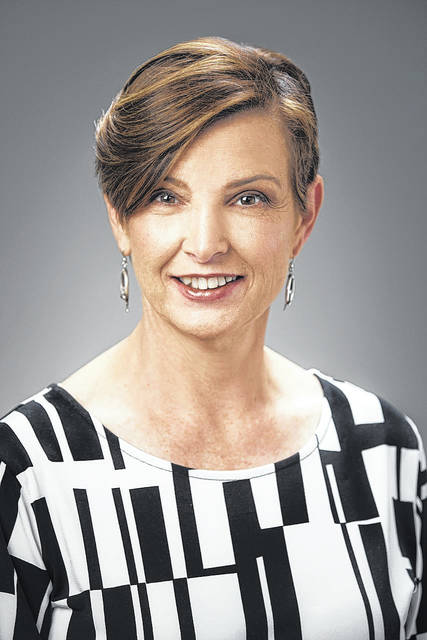
Children and adults in all countries around the globe deserve to be able to read. Literacy is a fundamental human right.
Literacy for All
The United Nations Educational, Scientific and Cultural Organization (UNESCO) estimates that 175 million young people lack basic literacy skills. To address the issues, UNESCO Regional Office of Southern Africa (ROSA) is supporting programs and activities to develop quality literacy materials for literacy educators and learners through integrating mother language in literacy teaching and learning. Fifty-two years ago, UNESCO officially declared September 8 International Literacy Day, with the goal of highlighting literacy as a human rights issue. www.unesco.org/.
According to Atlas (2017), the 25 most illiterate countries include: South Sudan, Afghanistan, Burkina Faso, Niger, Mali, Chad, Somalia, Ethiopia, Guinea, Benin, Sierra Leone, Haiti, Senegal, The Gambia, Bhutan, Pakistan, Guinea-Bissau, Mozambique, Central African Republic, Cote d’Ivoire, Nepal, Bangladesh, Timor-Leste, Mauritania, and Togo. www.worldatlas.com/.
The International Literacy Association affiliates, established in 86 countries, including 42 developing countries, are independent, organized homegrown organizations dedicated to literacy.
In 2018, The International Literacy Association developed the Children’s Rights to Read project. The Case for Children’s Rights to Read lists 10 fundamental Reading Rights. 1. Children have the basic human right to read. 2. Children have the right to access texts in print and digital formats. 3. Children have the right to choose what they read. 4. Children have the right to read texts that mirror their experiences and languages, provide windows into the lives of others, and open doors into our diverse world. 5. Children have the right to read for pleasure. 6. Children have the right to supportive reading environments with knowledgeable literacy partners. 7. Children have the right to extended time set aside for reading. 8. Children have the right to share what they learn through reading by collaborating with others locally and globally. 9. Children have the right to read as a springboard for other forms of communication, such as writing, speaking, and visually representing. 10. Children have the right to benefit from the financial and material resources of governments, agencies, and organizations that support reading and reading instruction.
“The ability to read, write, and communicate connects people to one another and empowers them to achieve things they never thought possible. Communication and connection are the basis of who we are and how we live together and interact with the world.” www.literacyworldwide.org/.
Children Need Books
Family Scholarly Culture and Educational Success: Books and Schooling in 27 Nations, a 2010 article in the ScienceDirect Journal found that “Children growing up in homes with many books get 3 years more schooling than children from bookless homes, independent of their parents’ education, occupation, and class.” www.sciencedirect.com/.
Children need to see other kids that look like themselves in picture books. Why? Kids of color need to be represented in literature to show they are important in the world and that they matter. Diverse books, both fiction and nonfiction, help kids understand that even though children look different on the outside, they are all the same on the inside. Our homes, schools, libraries, and communities need diverse books on bookshelves.
We Need Diverse Books is an organization with a vision of “a world in which all children can see themselves in the pages of a book.” Find more information at www.weneeddiversebooks.org.


